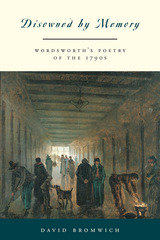
"This very Wordsworthian combination of apparently low subjects with extraordinary 'high argument' makes for very rewarding, though often challenging reading."—Kenneth R. Johnston, Washington Times
"Wordsworth emerges from this short and finely written book as even stranger than we had thought, and even more urgently our contemporary."—Grevel Lindop, Times Literary Supplement
"[Bromwich's] critical interpretations of the poetry itself offer readers unusual insights into Wordworth's life and work."—Library Journal
"An added benefit of this book is that it restores our faith that criticism can actually speak to our needs. Bromwich is a rigorous critic, but he is a general one whose insights are broadly applicable. It's an intellectual pleasure to rise to his complexities."—Vijay Seshadri, New York Times Book Review
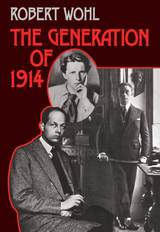
The generation of 1914 holds a special place in memory, affection, and myth. In this irresistible and moving book, Robert Wohl rescues it from the shadows of legend and brings it fully into the realm of understanding. He tells the story of the young men--the middle class elite of five European countries, France, Germany, England, Spain, and Italy, to recreate the generational consciousness that united them as well as the unique national experience that made them different.
These were men born at the end of the nineteenth century when the world of reason was disintegrating into a world of irrationality. They were destined to rule but their lives were interrupted by the greatest of wars, leaving them searching for identity and historical continuity. Wohl recaptures this search through novels, poems, autobiographies, memoirs, sociological treatises, philosophical essays, university lectures, political speeches, conversations when recorded, letters, personal notebooks, and newspaper articles. His book is a brilliant study of European mentalities, both collective and individual.
Probing behind ideas to find the experience that inspired them, Wohl illuminates in unexpected ways the origins of World War I and its impact on its participants. His exploration of the consciousness of generational unity and the power of the generational bond enables him to place in a novel context the spread of pessimism and despair, the waning of liberal and humanitarian values, the rise of Communist and Fascist movements, and the sudden eruption of violence in Europe's progressive countries between the two world wars.
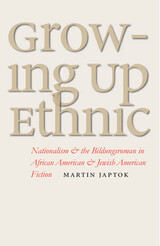
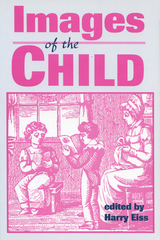
This collection of articles on images of the child offers an excellent range of perspectives on an equally wide range of concerns, including advertising, girls' book series, rap music, realistic fiction, games, dolls, violence, and movies. Taken together as a book, this collection confirms the complexity of the world of childhood, and demonstrates how strongly images of the child reflect the entire culture.
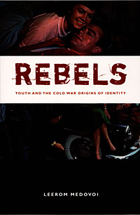
Alongside the young rebel, the contemporary concept of identity emerged in the 1950s. It was in that decade that “identity” was first used to define collective selves in the politicized manner that is recognizable today: in terms such as “national identity” and “racial identity.” Medovoi traces the rapid absorption of identity themes across many facets of postwar American culture, including beat literature, the young adult novel, the Hollywood teen film, early rock ‘n’ roll, black drama, and “bad girl” narratives. He demonstrates that youth culture especially began to exhibit telltale motifs of teen, racial, sexual, gender, and generational revolt that would burst into political prominence during the ensuing decades, bequeathing to the progressive wing of contemporary American political culture a potent but ambiguous legacy of identity politics.

READERS
Browse our collection.
PUBLISHERS
See BiblioVault's publisher services.
STUDENT SERVICES
Files for college accessibility offices.
UChicago Accessibility Resources
home | accessibility | search | about | contact us
BiblioVault ® 2001 - 2024
The University of Chicago Press









